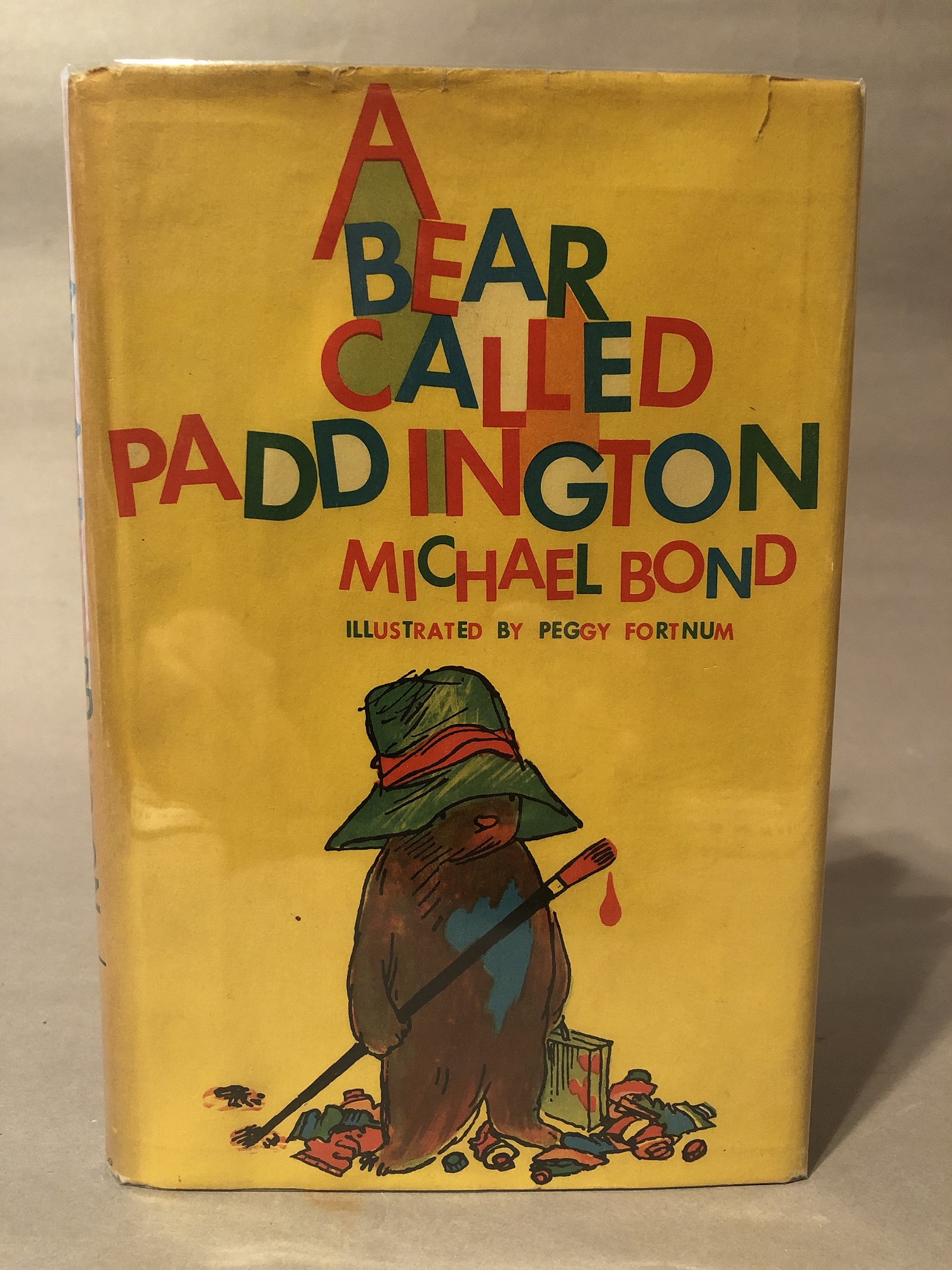


Many of my radio and television plays had been light comedies which more often than not were returned with the comment "Sorry-no call for fantasy" written across the rejection slip. If you create a believable character and you place it into a situation, events will develop naturally of their own accord. Suddenly, I learned a very simple fact of fictional life.

Until that time I had always thought up stories and then tried to people them with characters. Where had he come from? What was he doing in London? What were his reactions to life in England and the curious complications we humans make for ourselves? Suddenly, I wanted to write more about this small character. In fact that was how he came to have such an unusual name for a bear, for Paddington was the name of the station." Brown first met Paddington on a railway platform. We called him Paddington, so I typed the words: "Mr and Mrs. There being nothing more soul-destroying than staring at a blank sheet of paper hoping something will happen (it won't unless you make it), I was sitting at the typewriter one morning when my gaze happened to alight on a toy bear I had bought my wife for Christmas. As Gertrude Stein might have said-a book is a book is a book, and writing is perhaps even more of an agonizing process of distillation when it's for children. Without giving the matter any great thought, I had always regarded writing for children as a lesser form of creativity-quite untrue, of course. At that time I had been a part-time writer for about ten years, following a common progression in those days: short stories, newspaper and magazine articles, radio plays, plus a few short plays for television, I thought it was a good year if I sold one piece in ten.

I wrote my first children's book in 1957 and it came about largely by accident.


 0 kommentar(er)
0 kommentar(er)
